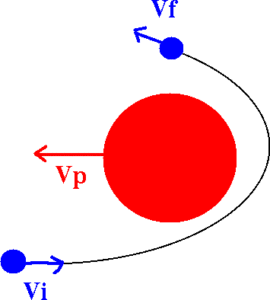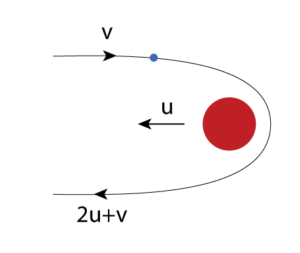 In response to negative search results on the first two pages of Google, even $30,000-a-month Enterprise level campaigns demand 12-month campaign contracts from their clients.
In response to negative search results on the first two pages of Google, even $30,000-a-month Enterprise level campaigns demand 12-month campaign contracts from their clients.
We do this not because we want to extract $360,000 from our in-distress clients instead of only $90,000, we do this because it takes at least a year to bring most crises’ search results back into a neutral or positive zone.
You’ll easily need to spend an entire year of constant gardening in order to affect Google in any real, permanent, way with an online reputation management campaign. And, like any chronic disease, you’ll need to commit to maintaining all the work you’ve done during that very active year ad infinitum.
Forever and ever, or until you don’t mind creating a vacuum into which every single negative review or slander crashes and makes things ten-times worse than it was in the first place.
 Online reputation management (ORM) is SEO (search engine optimization) with a twist: instead of getting you, your brand, or service into the top spot on Google’s SERP (search engine results page) via your name, brand, product, service, or keywords, the job of an online reputation management professional is to get everyone else’s content—positive and neutral content both—that shares your personal or brand name to the top-two pages of Google in lieu and instead of the niggling negative search results you’re paying us $30k/month to push down.
Online reputation management (ORM) is SEO (search engine optimization) with a twist: instead of getting you, your brand, or service into the top spot on Google’s SERP (search engine results page) via your name, brand, product, service, or keywords, the job of an online reputation management professional is to get everyone else’s content—positive and neutral content both—that shares your personal or brand name to the top-two pages of Google in lieu and instead of the niggling negative search results you’re paying us $30k/month to push down.
What’s more, in traditional SEO, we search optimization experts generally either control all the properties we’re promoting or know the people who are. 90% of all ORM requires that we activate OPS (other people’s sites).
Because we can’t optimize these sites for search through content creation, site optimization, and copywriting, we need to do just about everything the hard way. While we do create dozens of our own sites and properties mapped onto an extensive array of keyword-optimized domain names, it’s almost never the goal of a good ORM shop to create a universe of positive and neutral content that’s so compelling that it takes up the top-20 results on Google and Bing.
 These dozens of social and content sites are just assistants. Catalysts. Accelerators. Amplifiers.
These dozens of social and content sites are just assistants. Catalysts. Accelerators. Amplifiers.
It’s the ORM version of the gravitational slingshot that the gravity assist maneuver gives to spacecraft. Gravity assistance can be used to accelerate, decelerate, or redirect a spacecraft.
In the case of ORM, the assist is provided by the overall combined and collective mass of all the SEO-optimized sites into a de facto search gravitational force. And, like any space program, no matter how much thrust you’re able to generate and no matter how much acceleration and redirection any number of gravitational slingshots may offer, traveling to Mars takes time. About 300 days, actually, which dovetails nicely with how long it takes to influence organic search SERPs enough to repair your reputation on the first two pages of search.
In terms of cutting corners, both overly-aggressive SEO and ORM campaigns, as well as rushed space programs, can be catastrophic. Both the endless void of the vacuum of space and Google are cruel and unforgiving. Respect both the astrophysics and the algorithms and you’ll be OK.
Good luck and try to stay out of trouble, will you?
Feel free to own the yacht but hire a crew if you’re not yet seaworthy. If you get my drift and want to adopt the yachting lifestyle yourself but either don’t have the mad sailing skills yourself, don’t yet posses a world-class crew, and don’t know yet where to go, then you should give me a call or reach out me by email — so I can help you pilot your vessel now, in the tranquil blue-green shallows of the Caribbean, as well as in the roughest seas and into — as well as out of — the storm.
If you’d like to chat more, call me at +1 (202) 869-3210 Ext 0001 email me, or feel free to self-schedule a 15-minute call, a 30-minute call, or a 60-minute call with me.





